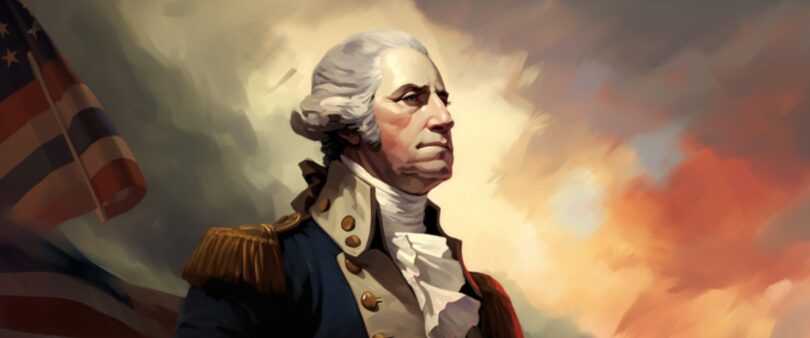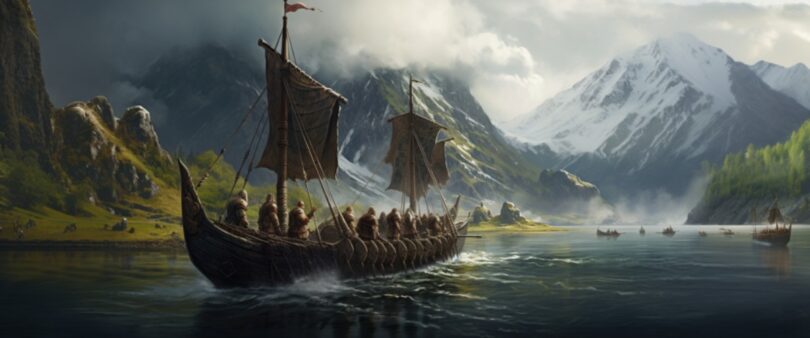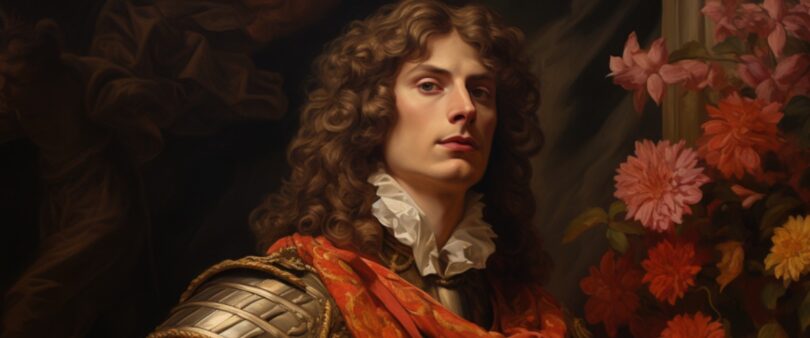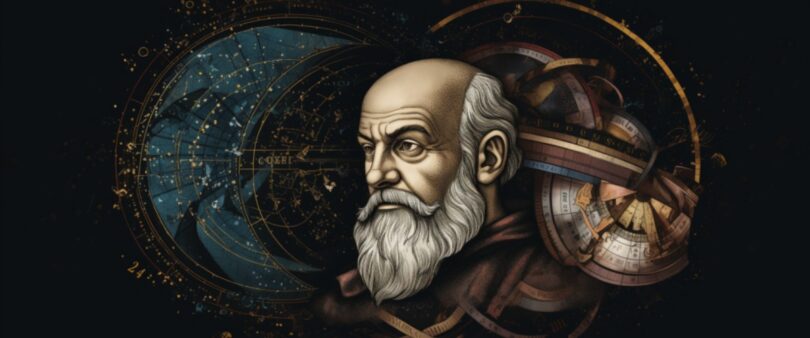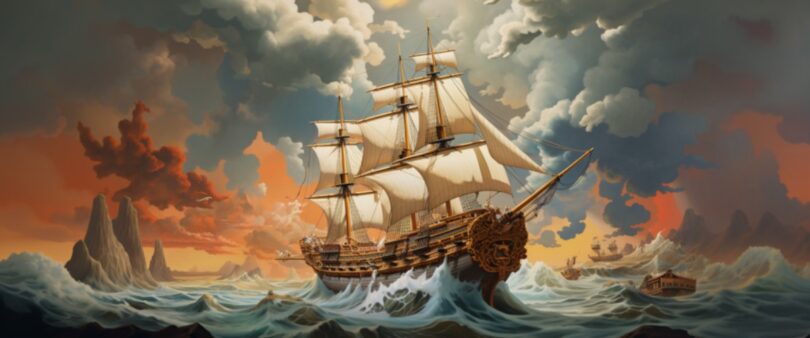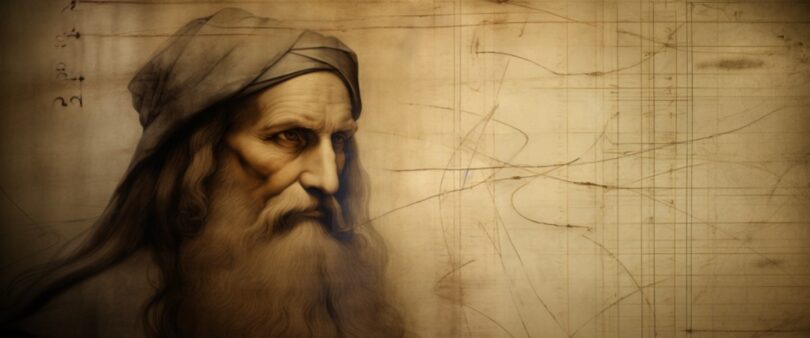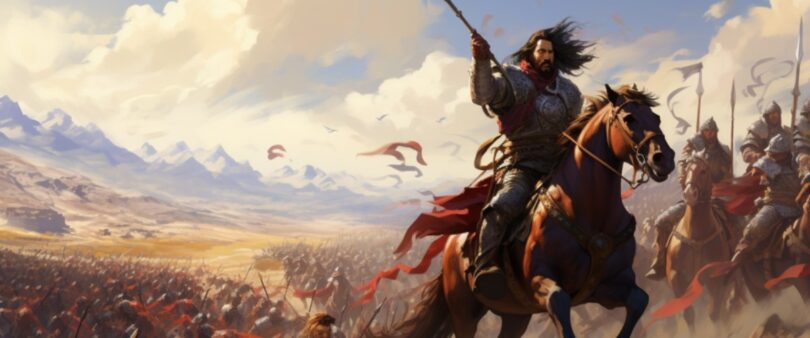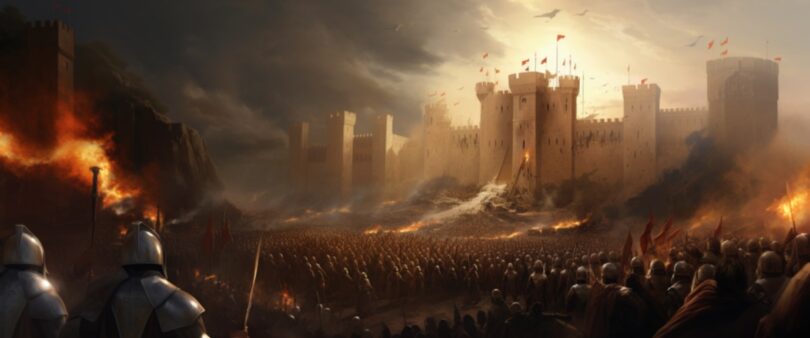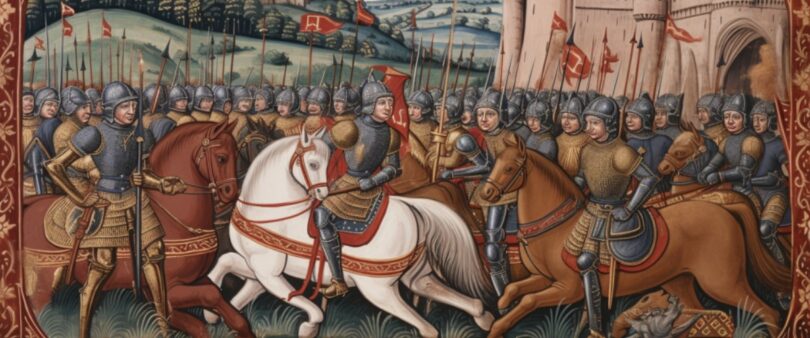A seminal event that not only sculpted the nascent United States but also rippled across the world, the American Revolution unfurled from 1765 to 1783, punctuating history with its tales of rebellion, resilience, and reformation...
Latest Posts
The Viking Age (circa 793-1066 AD): Norse seafarers raiding and trading from their homelands across wide areas of Europe.
The Viking Age, spanning from 793 to 1066 AD, unfurls a vibrant tapestry of exploration, conquest, and cultural exchange across Europe, Asia, and North America. It demarcates a significant era where Norse seafarers played pivotal...
The Glorious Revolution (1688): The overthrow of King James II of England.
A Pivotal Shift Towards Parliamentary Sovereignty In the annals of British history, the Glorious Revolution emerges as a vital fulcrum, pivoting England towards constitutional monarchy and parliamentary sovereignty. The event...
The Scientific Revolution (16th to 18th century): Transforming views on society and nature.
The Scientific Revolution, a pivotal period occurring from the 16th to the 18th century, dramatically redefined the contours of knowledge and scientific understanding. A fundamental departure from the medieval worldview, it...
The Protestant Reformation (16th century): Religious reform movement that led to the split of the Catholic Church.
A seismic shift in Christian doctrine and practice Began in the 16th century, primarily in Europe Led to the split of Western Christianity into Catholicism and Protestantism Initiated by key figures such as Martin Luther and John...
The Age of Discovery (15th to 17th century): European exploration led to the first lasting European contact with the Americas.
The Age of Discovery, spanning from the 15th to the 17th century, unfolded a new chapter in human history, revealing unexplored territories and facilitating interchange between the Old and New Worlds. This epoch is celebrated for...
The Renaissance (14th to 17th century): A cultural movement that profoundly affected European intellectual life.
The Renaissance, spanning the 14th to 17th century, ushered in a profound transformation in European culture. From remarkable innovations in art and science to the rekindling of learning and thought, this period was a rebirth of...
The Mongol Invasions (13th century): Led by Genghis Khan, the Mongols created one of the largest empires in history.
The 13th-century Mongol Invasions, spearheaded by Genghis Khan and his successors, shaped the socio-political and cultural landscapes across Eurasia, setting a stage where nations either succumbed to the marauding forces or...
The Crusades (1095-1291): A series of religious wars sanctioned by the Latin Church in the medieval period.
The Crusades, spanning from 1095 to 1291, present a vivid tableau of medieval Europe and the Middle East embroiled in a series of religious wars. Grounded in zealous aspiration and territorial conquests, they intricately wove the...
The Norman Conquest of England (1066): William the Conqueror’s invasion changed the English language and culture.
The Norman Conquest, a pivotal event in 1066, forever altered England’s political, social, and linguistic landscape. Not merely a regional shift, this conquest rippled through Europe, creating nuanced changes that gradually...

